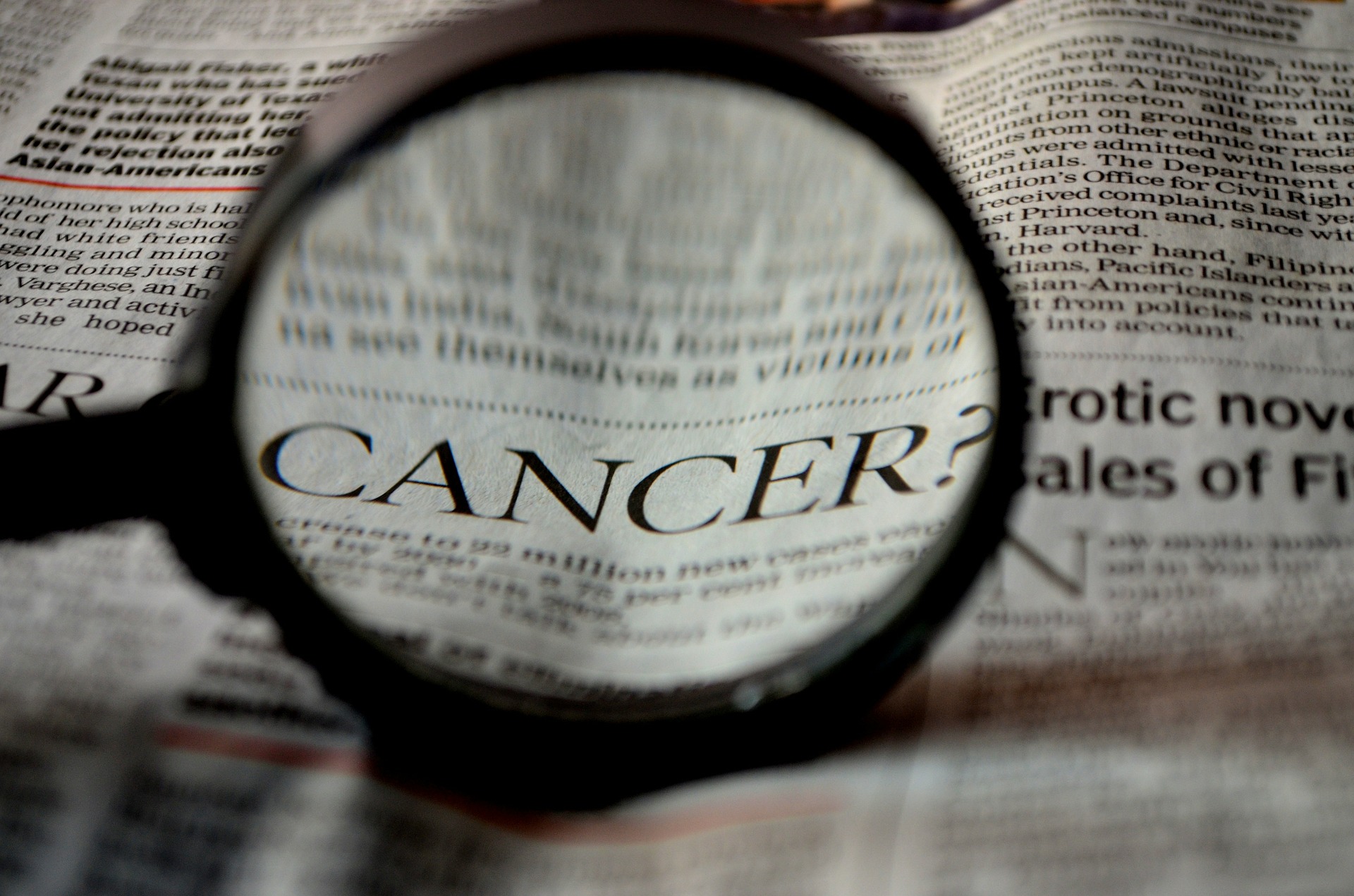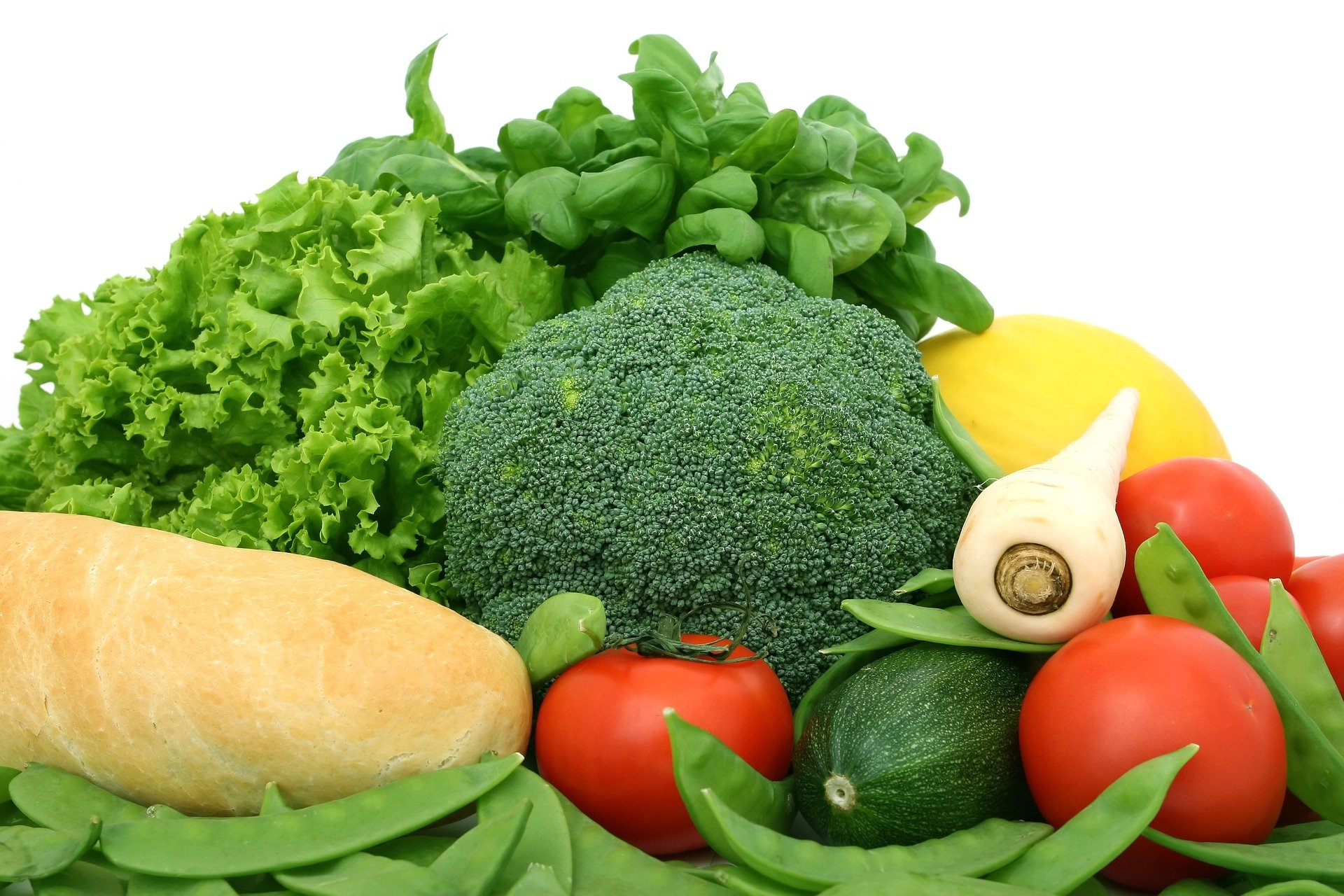
For your satisfaction and suggestions
İGÜMER

 Carbohydrates: Our body's main source of energy is carbohydrates. If carbohydrates are taken above their needs, the excess is stored as fat, which leads to weight gain and obesity. Cereal products, vegetables, fruits, legumes are carbohydrate sources. Adequate consumption of these products increases pulp intake and ensures regular bowel movements. This situation is protective against bowel-rectal cancer.
Carbohydrates: Our body's main source of energy is carbohydrates. If carbohydrates are taken above their needs, the excess is stored as fat, which leads to weight gain and obesity. Cereal products, vegetables, fruits, legumes are carbohydrate sources. Adequate consumption of these products increases pulp intake and ensures regular bowel movements. This situation is protective against bowel-rectal cancer. etc.), fruits (apple, pear, orange, banana, melon, watermelon, etc.), nuts, almonds, chickpeas, walnuts, cereals, and Whole-wheat bread, eggs, milk, and dairy products (yogurt, ayran, kefir, cheese, cottage cheese) are foods that reduce the risk of cancer.
etc.), fruits (apple, pear, orange, banana, melon, watermelon, etc.), nuts, almonds, chickpeas, walnuts, cereals, and Whole-wheat bread, eggs, milk, and dairy products (yogurt, ayran, kefir, cheese, cottage cheese) are foods that reduce the risk of cancer. © Copyright 2022 Istanbul Gelisim University All Rights Reserved.